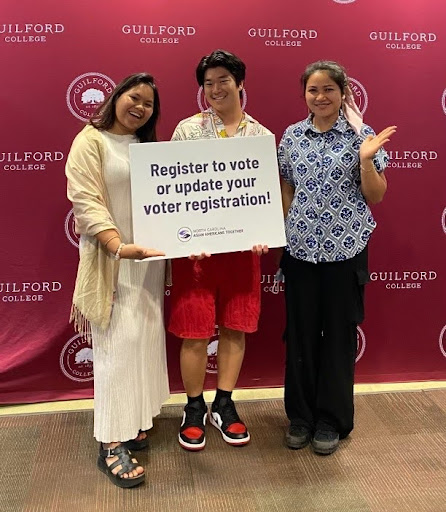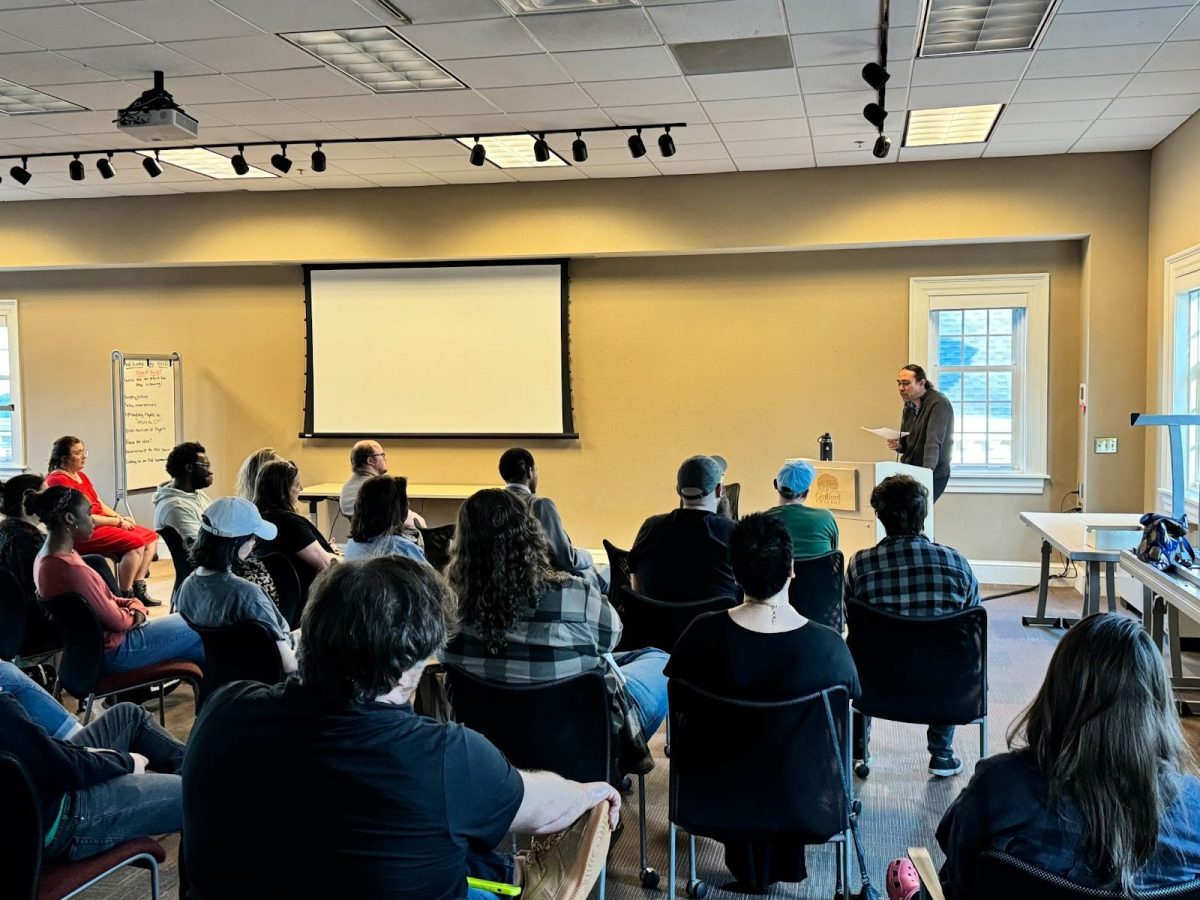“Beginning in fall 2015, I convened a compensation committee,” said President Jane Fernandes. “This includes faculty, staff and student representatives.”
Since Fernandes came into office in the summer of 2014, the College had been working toward the goal of creating such a committee.
The committee has been underway for nearly a year now, and it is guided by goals that they hope to accomplish over the next few years.
“It may actually take several years to fully fund and then implement our intended plan,” said Fernandes. “My hope is that everyone on campus will know what we intend to do and why we chose the options we did.”
The committee itself is divided into four sub-committees. Each sub-committee addresses specific individual topics.
One of those topics includes determining which colleges and universities are be considered by peers in order to compare salaries, the benefit being to enable to compete successfully in hiring the best faculty and staff. Another subcommittee is working on creating a formula for developing faculty salaries in a way that is transparent.
A third subcommittee is tasked with creating a clear and fair salary structure for all staff positions. The goal of the fourth is to develop a philosophy consistent with both Guilford’s values and the goal of creating equitible compensation at Guilford.
These subommittees are set to complete their tasks in time for the process to take it’s next big step in fall 2016.
“Those sub-committees will make recommendations to me in the coming months regarding how we should proceed,” said Fernandes. “By the beginning of the next academic year, we will have a better idea of what our program will look like.”
The Compensation Committee will address salaries for faculty, staff and administration.
“We are having a substantive, campus- wide conversation about how our Guilford values can best be reflected in the way our faculty and staff are paid,” said Fernandes. “During fall 2015, we developed a draft compensation philosophy.”
The committee believes in applying the core values that Guilford holds, such as integrity, which will affect the decisions made by the committee.
The committee is not just a short-term group focused on changing things immediately, however. The group is also focused on benefiting Guilford in the long run and aims to work qualitatively to improve compensation at Guilford.
“I know how important the work of the Compensation Committee is to the long-term health and sustainability of Guilford College,” said Vice President for Academic Affairs Beth Rushing. “I’m very pleased with the direction the work has taken.
“It has been good working with a group with a diversity of opinions and perspectives that will prove to be a real strength of the final products of the committee’s work.”
The committee has already begun shaping initiatives, but has not implemented any plans as of now. Although many believe there is still substantial work to be done in order for the committee to be able to complete their goals and objectives, the committee feels that they are making significant progress towards their goals for Guilford’s future.
“Though currently our compensation practices do not adequately reflect how very much we value all who work at Guilford, I look forward to the day when I can say that it does, and I believe this Compensation Committee will help get us there,” said Fernandes.






